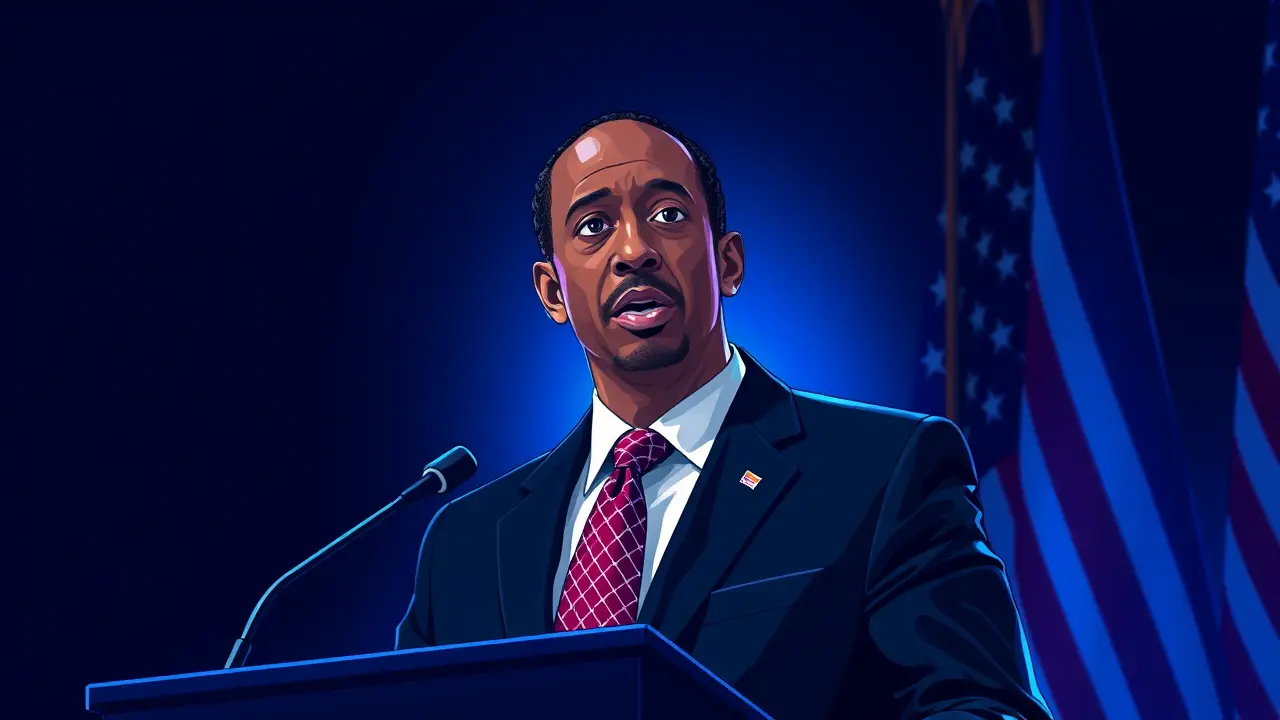
PoliticslegislationHealthcare Policies
House Democrats soften demand for ironclad ACA deal in shutdown talks.
MA
1 month ago7 min read2 comments
In a dramatic pivot that signals potential movement toward ending the protracted government shutdown, House Minority Leader Hakeem Jeffries has strategically retreated from his previously uncompromising position demanding an ironclad legislative guarantee for Affordable Care Act subsidies, a calculated softening that reveals both the complex dynamics of bipartisan negotiation and the shifting tactical landscape on Capitol Hill. Back in September, with the shutdown looming, Jeffries stood firm at a press conference, his language deliberately absolute—any agreement protecting health care for Americans must be 'ironclad and in legislation,' he declared, citing a complete breakdown of trust between House Democrats and Republicans that made mere promises of future votes or negotiations untenable.That was then. Now, facing the political and practical realities of a weeks-long shutdown and sensing momentum in parallel Senate talks, Jeffries' rhetoric has markedly evolved.At his Tuesday press conference, when pressed on whether he would accept a funding bill lacking written provisions extending the subsidies, he refrained from reiterating his 'ironclad' demand, instead offering a more nuanced, conditional response: 'We will evaluate in good faith any bipartisan agreement that emerges from the Senate, reopens the government, makes life better for the American people and decisively addresses the Republican health care crisis. ' This is political messaging crafted for flexibility, a signal to his caucus and to the Republicans that he is prepared to deal, provided the overarching framework meets Democratic objectives.The context here is critical. The Senate, under the stewardship of a bipartisan group of moderates, is reportedly closing in on a deal that would likely fund the government in exchange for a *promise* of a future vote on the ACA subsidies—a vote whose outcome is far from certain, given the deep-seated Republican opposition to the health care law.Jeffries, a shrewd tactician who cut his teeth in New York politics, understands that holding the line for a guaranteed win in the House was becoming politically unsustainable; the pressure to reopen government services, pay federal workers, and end the national spectacle is immense. His skepticism, however, remains palpable, particularly regarding a new bipartisan House proposal for a two-year subsidy extension with income caps.He acknowledged the 'good faith' of the conversations but immediately pivoted to questioning the reliability of his Republican counterparts, pointedly noting that 'traditional House Republicans aren't serious about doing something meaningful,' a clear reference to their support for the so-called 'Big, Beautiful Bill' that helped precipitate this crisis. His conclusion was telling: 'I am hopeful that this time will be different,' Jeffries said, 'but it seems to me more likely that if there's a bipartisan agreement.
#government shutdown
#Affordable Care Act
#bipartisan negotiations
#House Democrats
#Senate deal
#featured
Stay Informed. Act Smarter.
Get weekly highlights, major headlines, and expert insights — then put your knowledge to work in our live prediction markets.
Related News
Comments
Loading comments...
© 2025 Outpoll Service LTD. All rights reserved.